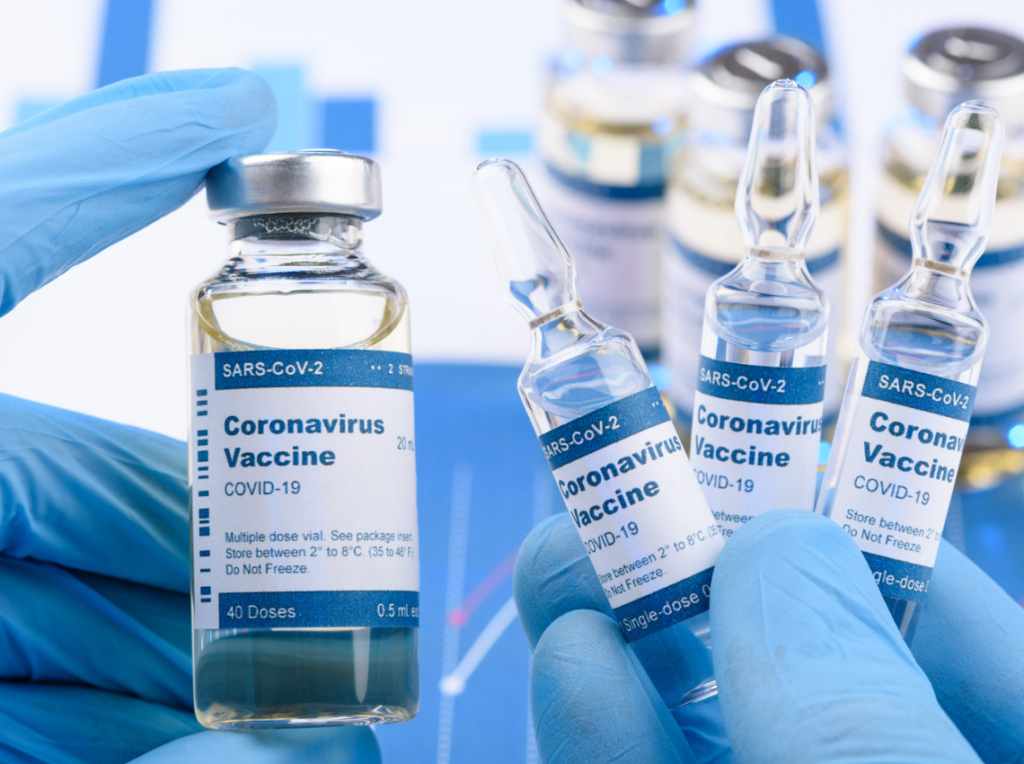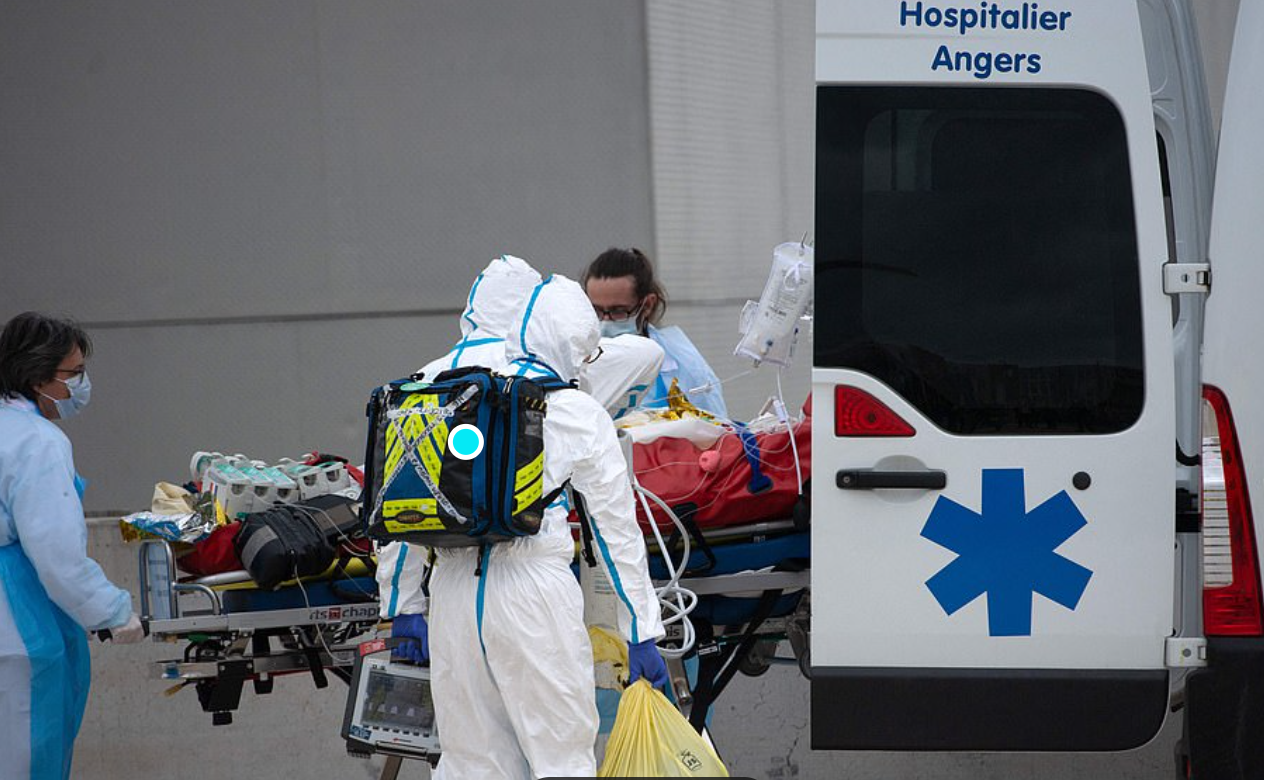“COVID, while hospitalizations and fatalities are on the rise, the numbers remain relatively low, and promising new vaccines are on the horizon.

Covid deaths have increased by nearly 18 percent over the previous week, but the absolute numbers remain at just over 600 deaths per week.
“First Lady Jill Biden tests positive for COVID-19 as New York Governor Kathy Hochul pledges high-quality masks and rapid tests for schools upon request. Meanwhile, schools in Kentucky and Texas have temporarily closed due to widespread respiratory illnesses among students and staff. (USnewsSphere.com)
The specter of COVID-19 looms once more, with a steady rise in cases since July and concerns about new variants. However, experts, in interviews, offer reassuring perspectives, assuaging fears of a return to the nightmare scenarios of previous years.
Crucially, there is no evidence to suggest that the current variants in circulation cause more severe illness or effectively evade immunity to render vaccines obsolete. While hospitalizations and fatalities are on the upswing, the actual numbers remain relatively low. Gigi Gronvall, a biosecurity expert at the Johns Hopkins Center for Health Security, aptly notes that these increases may seem alarming in statistics, but the reality is less dire.
Hospital admissions for COVID-19 increased by approximately 16 percent in the week ending August 26 compared to the previous week. However, with 17,400 new admissions, this figure is less than half of the number during the same period last year and only one-fifth of the numbers in 2021.
Covid cases :
COVID-19-related deaths saw an 18 percent increase over the preceding week. Still, the numbers remain relatively low, averaging just over 600 deaths per week in August, compared to approximately 3,000 per week in late August 2022 and around 14,000 per week in late August 2021.

Dr. Dan Barouch, the head of the Center for Virology and Vaccine Research at Beth Israel Deaconess Medical Center in Boston, offers insight, stating, ‘What I think we’re seeing is the virus continuing to evolve, leading to waves of infection, hopefully mostly mild in severity.'”
The Biden administration has shifted its approach to COVID-19 boosters, advocating for an annual single-shot regimen akin to the flu vaccine. This year’s COVID vaccines could become available as early as next week, pending recommendations from advisers to the Centers for Disease Control and Prevention, although regulators in the European Union and Britain have already approved updated vaccines by Pfizer-BioNTech for use in individuals aged 6 months and older.
Most Americans will access these shots for free through private insurers or a new federal program for the uninsured. However, it remains uncertain how many will choose to get vaccinated. As of May 2023, fewer than half of adults above 65 and just about one in five American adults overall had opted for the bivalent booster shot offered the previous fall.[CNN.com]
The updated vaccines target XBB.1.5, a virus variant that was dominant earlier this year when formulation decisions were made. However, since then, this variant has been replaced by several related strains. Presently, the most widespread variant is EG.5, also known as Eris, which accounts for approximately 22 percent of cases. While it may be more transmissible than XBB.1.5 and partly able to evade the immune system, it has not spread explosively.

Another variant, FL.1.5.1, representing about 15 percent of cases in the United States, shares a genetic mutation that might enhance its ability to both evade the immune system and bind more tightly to human cells.
According to Andrew Read, an evolutionary microbiologist at Pennsylvania State University, the emergence of new mutations in the coronavirus is not unexpected or alarming, as viruses tend to evolve when introduced to new host populations.
While BA.2.86, or Pirola, initially raised concerns due to its simultaneous appearance in ten countries and over 30 mutations in the spike protein, recent studies have eased worries. Data from multiple research teams, including one led by Dr. Barouch, revealed that BA.2.86 does not significantly evade immunity from infection or vaccination. Despite its initial attention, it currently holds a minor presence and requires ongoing vigilance as it continues to evolve. (USnewsSphere)
Dr. Barouch emphasized the need for rigorous and swift evaluation of each mutation.





